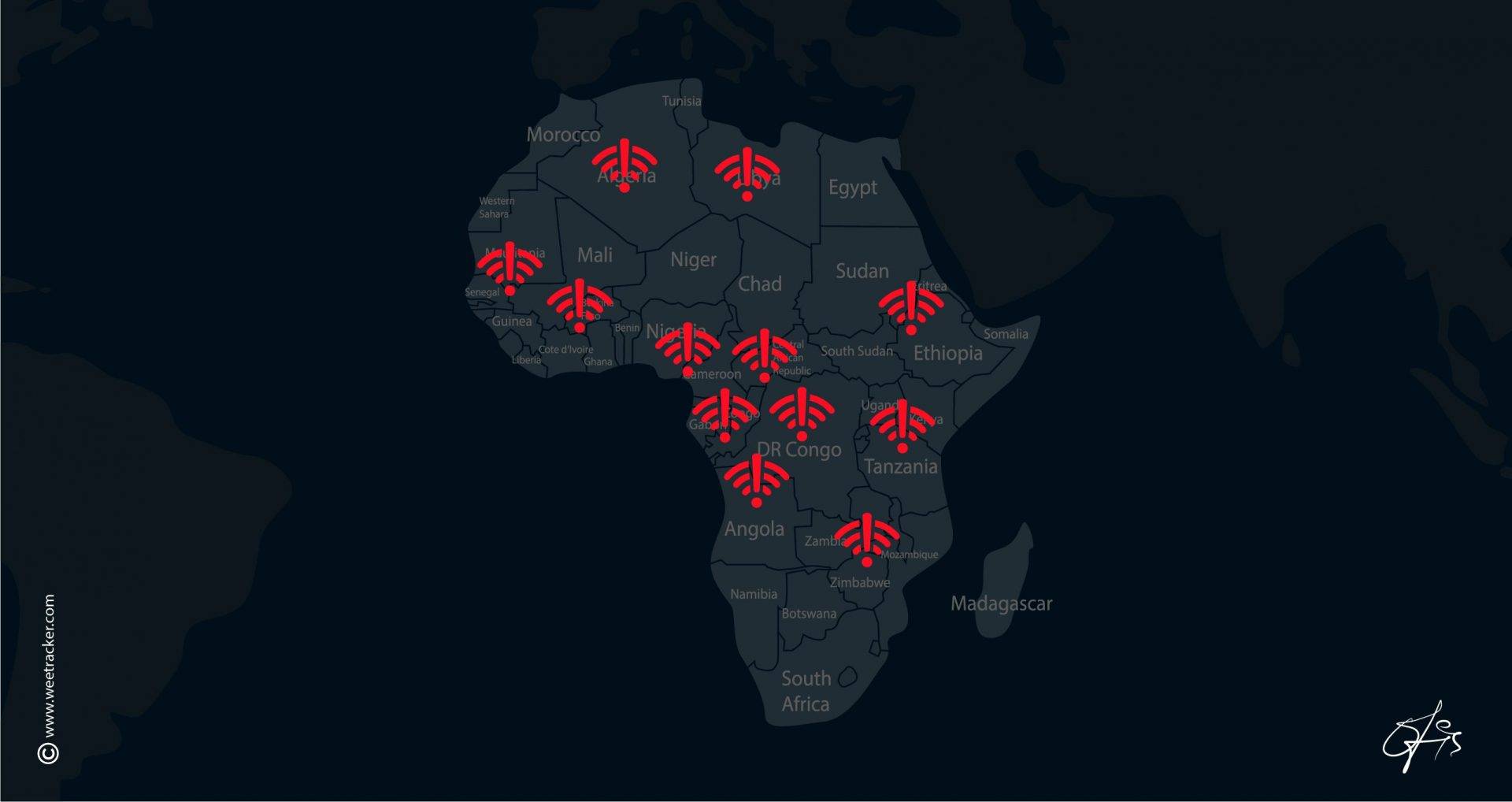In 2023, Africa Will Witness Widespread Broadband Buildouts

2022 saw telecom operators, internet service providers, and big tech firms kickstart and accelerate their investments into making internet services more financially viable and available to many parts of Africa.
To bring about an increase in broadband penetration, these entities are trying to bring more African consumers online.
This December, MTN South Africa tied up with MTN GlobalConnect and a Chinese-French consortium to land a 45,000-kilometer undersea cable in South Africa, as part of efforts to connect African countries to Europe and the Middle East. The initiative, known as 2Africa, is likely to go live in 2023.
In August, Google, with the help of WIOCC, made the fourth and final landing of Equiano, a state-of-the-art, 144 TB/s, 12 fiber pair subsea cable, in South Africa. The 15,000-kilometer lining started from Portugal, after which it branched off in Nigeria, Togo, Namibia, and the islands of St Helena.
The cable, which will reportedly drop data prices in its landing countries, including South Africa, by 16 percent to 21 percent, is scheduled to start conveying traffic at the beginning of 2023. When live, Equiano will create some 1.6 million jobs.
In November, Liquid Intelligent Technologies, owned by Zimbabwean entrepreneur Strive Masiyiwa, expanded its operations to Nigeria shortly after entering a partnership with the IFC, the World Bank’s private sector financing wing to increase its data center capacity and rollout fiber-optic cables in the continent in the coming year.
After launching in Nigeria, Mozambique, and Malawi, Elon Musk’s Starlink, an internet service under the billionaire’s space exploration firm SpaceX, is set to expand the offering to Tanzania. Having secured a local license, the satellite-based initiative will go live in the East African market in the first quarter of 2023.
To help 100 million more Africans to be online by 2025, Microsoft this December disclosed that it is partnering with Viasat, a global satellite service provider, to provide satellite-based internet connectivity for many parts of the continent.
Through an initiative called Airband, the global tech giant has Africa at the center of its plan to connect a quarter of a billion consumers globally. While Microsoft [already] has solid footprints in Africa, its new plans will be actualized in the coming year.
Cloud-based services cannot be implemented without stable internet access, which in turn cannot be realized without robust and reliable data centers. Per a fresh report from Research & Markets, Africa and the Middle East’s data center colocation market will grow at a CAGR of 8.6 percent between 2022 and 2027.
2022 also saw multiple African mobile carriers introduce and expand fifth-generation connectivity networks, gradually transitioning away from the however-still-dominant 4G era.
Nigeria, Zambia, Botswana, Tanzania, Zimbabwe, and Ethiopia received commercial 5G services for the first time, joining others such as South Africa, Madagascar, Kenya, and Lesotho. In 2023, the rollout is likely to continue across the continent to give consumers increased internet speeds.
By next year, various related projects are bound to increase momentum and come together to make Africa go from being the least connected region on the planet to a continent with the fastest-growing internet connectivity economy.